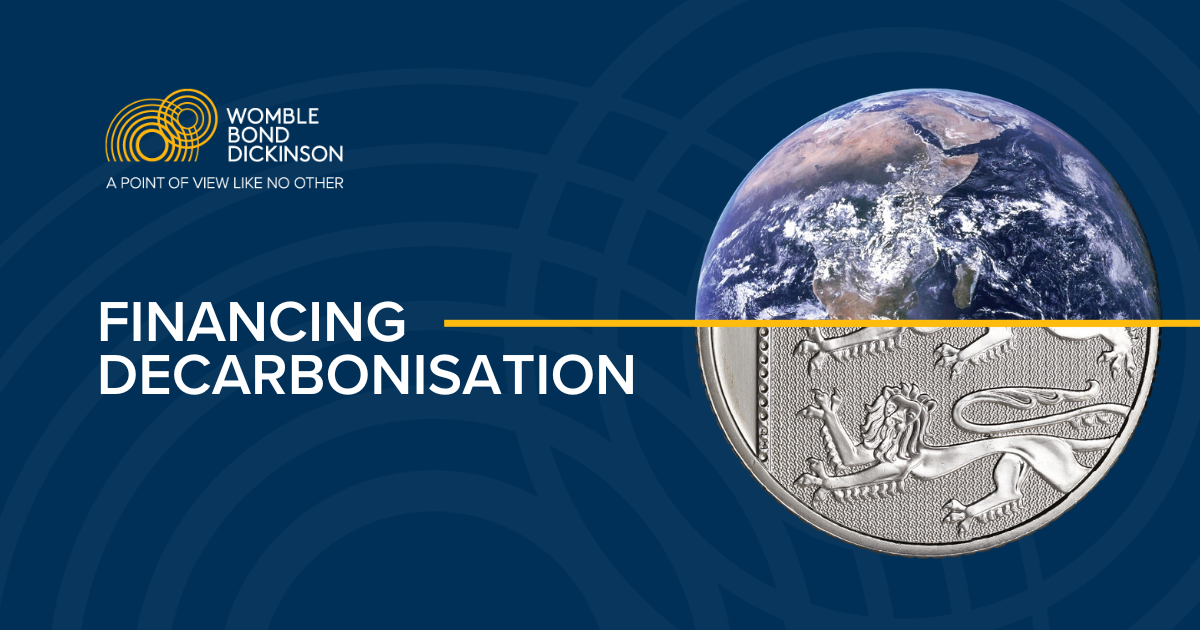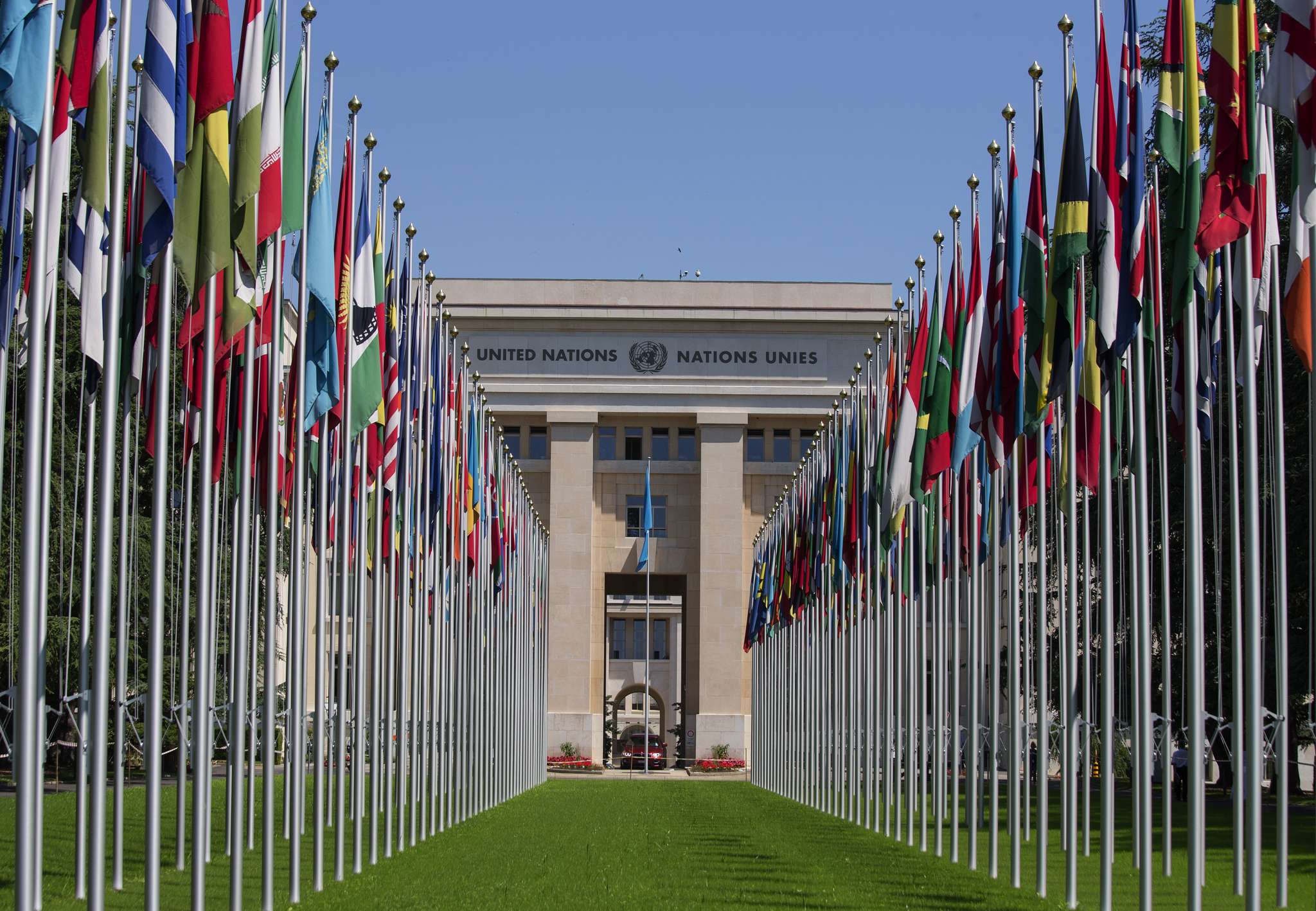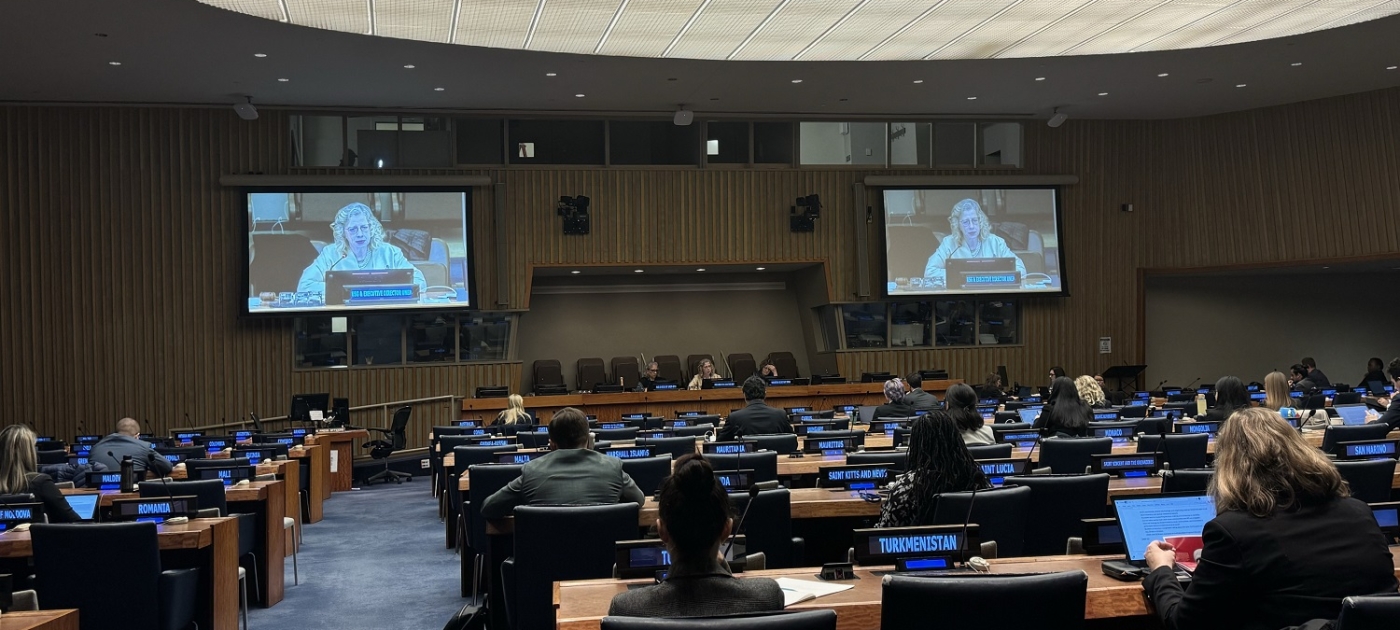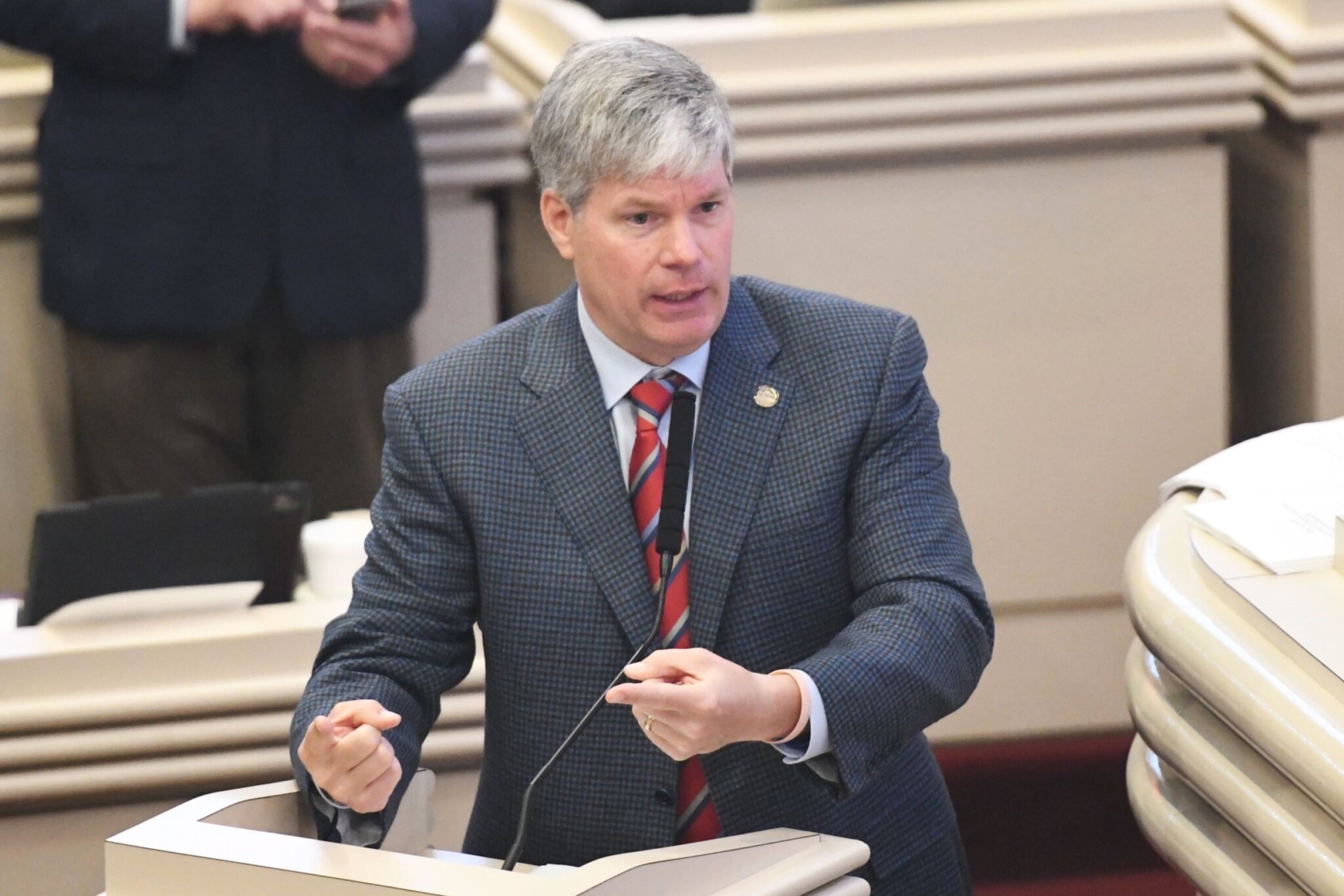
Green Finance Revolution: Law Firm Unveils Bold Decarbonization Strategy
As the global community increasingly prioritizes sustainable solutions, Womble Bond Dickinson is taking a bold step forward with its innovative Financing Decarbonisation campaign. This strategic initiative aims to showcase the firm's pivotal role in breaking down legal barriers and paving the way for transformative environmental investments. By leveraging their deep legal expertise, Womble Bond Dickinson is committed to accelerating the transition towards a greener future. The campaign underscores the firm's dedication to supporting projects that drive meaningful environmental impact and promote sustainable development across various sectors. Through targeted legal guidance and strategic insights, the firm is helping investors and businesses navigate complex regulatory landscapes, ultimately facilitating critical green investments that can reshape our approach to environmental challenges. Their proactive approach demonstrates how legal expertise can be a powerful catalyst for positive change in the sustainability arena.




.png)



